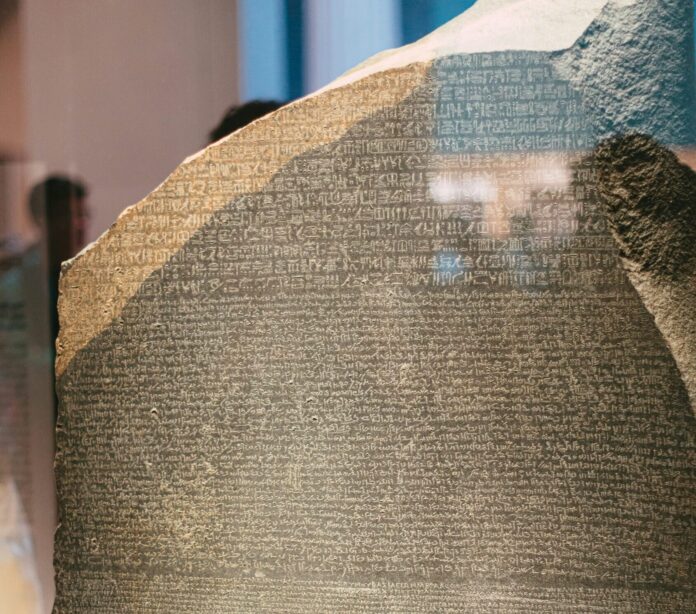Throughout history, archaeological discoveries have provided invaluable insights into the past, reshaping our understanding of ancient civilizations and shaping the course of human history. From unlocking the secrets of ancient languages to revealing lost civilizations, archaeological discoveries continue to shape our perception of history and inspire awe and wonder. Here are three archaeological discoveries that have had a profound impact.
The Terracotta Army
Unearthed in 1974 near the city of Xi’an in China, the Terracotta Army is a vast collection of life-sized clay soldiers, horses, and chariots buried alongside the tomb of Qin Shi Huang, the first Emperor of China. Dating back over 2,000 years, this archaeological marvel serves as a testament to the power and grandeur of the Qin Dynasty. The discovery of the Terracotta Army not only shed light on ancient Chinese burial practices but also provided valuable insights into the military organization and craftsmanship of the time.
The Rosetta Stone
Discovered by French soldiers in Egypt in 1799 during Napoleon Bonaparte’s campaign, the Rosetta Stone is perhaps one of the most famous archaeological finds in history. This ancient artifact, dating back to 196 BCE, bears inscriptions in three scripts: Ancient Egyptian hieroglyphs, Demotic script, and Ancient Greek. The discovery of the Rosetta Stone provided the key to deciphering Egyptian hieroglyphs, unlocking a treasure trove of knowledge about ancient Egyptian culture, religion, and language. It enabled scholars such as Jean-François Champollion to unlock the mysteries of Egypt’s past and paved the way for the modern study of Egyptology.
Machu Picchu
Hidden high in the Andes Mountains of Peru, Machu Picchu remained undiscovered by the outside world until 1911 when American archaeologist Hiram Bingham stumbled upon the ancient Inca citadel. Built in the 15th century and abandoned just over a century later, Machu Picchu is renowned for its stunning architecture, sophisticated engineering, and breathtaking mountainous setting. Its discovery sparked global interest in Inca civilization and shed light on the ingenuity and achievements of this ancient culture.

